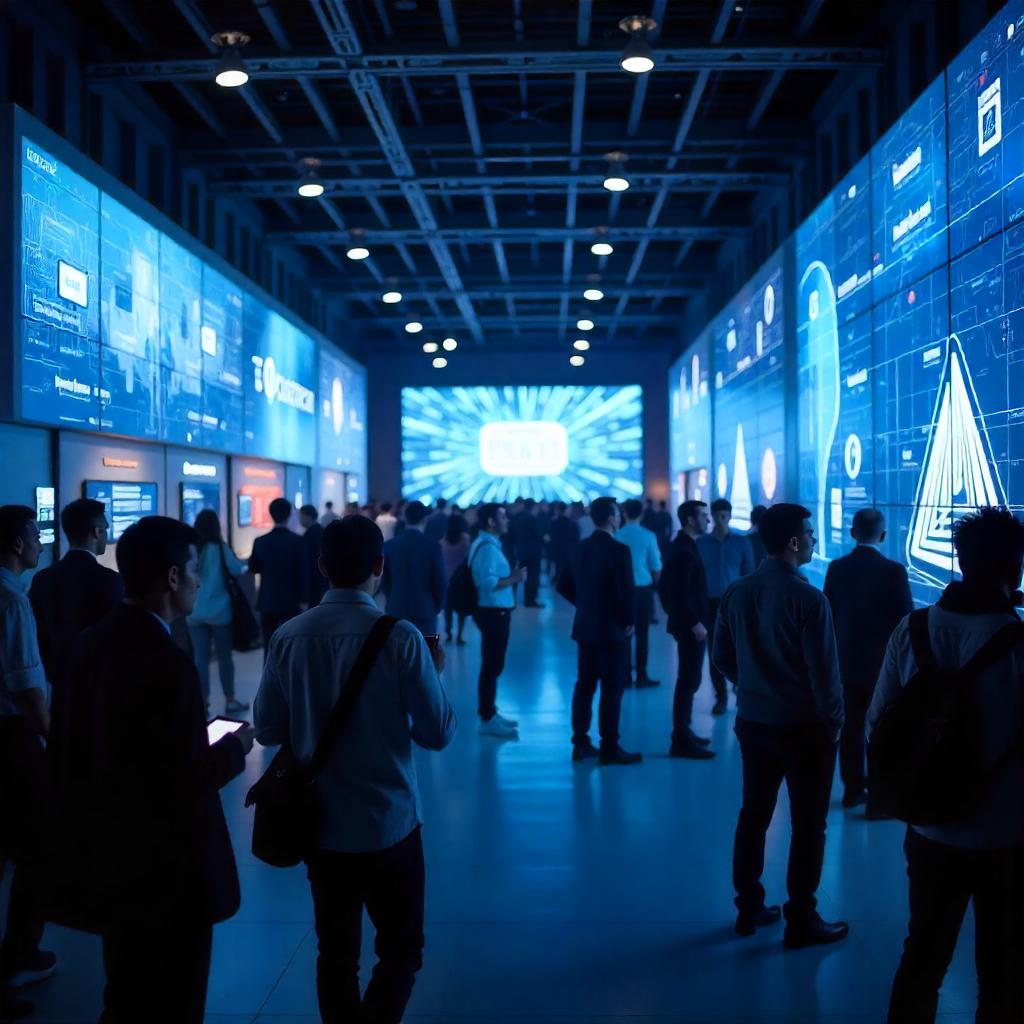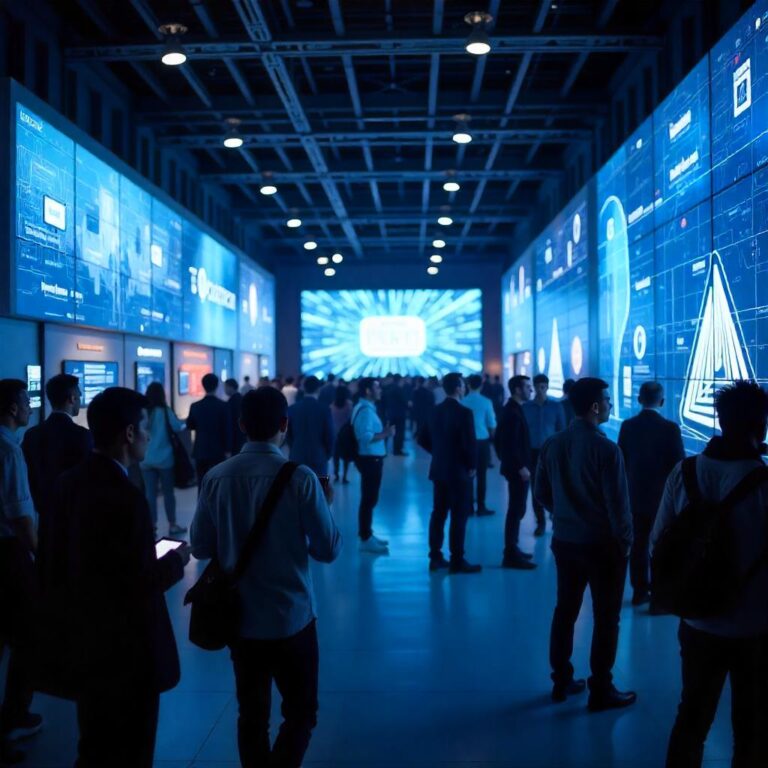The Rise of Smart Devices: Are We Ready for a Fully Connected World?

Smart devices have become an integral part of modern life, shaping the way we communicate, work, travel, and manage our homes. From voice-controlled assistants and smart thermostats to wearable fitness trackers and connected appliances, these technologies promise greater convenience, efficiency, and even improved health and safety. As we move toward a fully connected world, the question arises—are we truly ready for the implications of this digital transformation?
The growth of the Internet of Things (IoT) has enabled billions of devices to connect and communicate with one another. This interconnected web of smart technology allows users to control and automate many aspects of their lives. A smart refrigerator can alert you when food is about to expire or when groceries are running low. A smart security system can monitor your home remotely, sending real-time updates and footage to your phone. These innovations create a seamless and intelligent environment that adapts to our preferences and routines.
One of the key advantages of a fully connected world is the potential for data-driven decision-making. Smart devices constantly collect and analyze data to provide insights that improve everyday life. For example, wearable health devices can detect early signs of illness or stress, prompting preventive action. Smart cities use sensor networks to manage traffic flow, reduce energy consumption, and improve public safety. In the workplace, smart systems optimize energy usage, streamline operations, and enhance employee productivity.
However, the rapid expansion of connected devices also brings significant challenges. Privacy and security remain top concerns. Smart devices collect vast amounts of personal data, often without users fully understanding how that data is stored or used. Cybersecurity threats such as hacking, data breaches, and surveillance pose serious risks, especially when devices are not properly protected. A single compromised device can provide hackers access to an entire network, including sensitive personal or business information.Visit Online https://hackerinside.cn for More details.
Another concern is the increasing dependence on technology. As we rely more heavily on smart devices, there is a risk of losing basic skills and human intuition. Over-automation may lead to reduced critical thinking, less face-to-face interaction, and a reliance on systems that may fail or be manipulated. Furthermore, the digital divide remains a barrier to widespread adoption. Not everyone has equal access to high-speed internet or the resources needed to participate in a connected world, which could deepen existing inequalities.
There are also ethical and societal considerations. As artificial intelligence becomes more embedded in smart systems, questions arise about decision-making, accountability, and bias. Who is responsible if a smart car crashes or if a health-monitoring device gives incorrect information? How do we ensure that algorithms guiding smart devices are fair and transparent? These are issues that must be addressed with thoughtful regulation, innovation, and public engagement.
Despite these challenges, the momentum toward a connected world continues to grow. The key to readiness lies in striking a balance between innovation and responsibility. Developers and manufacturers must prioritize security, transparency, and user control. Governments and institutions must establish clear guidelines and invest in digital infrastructure and education. Consumers must stay informed and cautious about the devices they use and the data they share.
The rise of smart devices marks an exciting chapter in human progress. They offer remarkable benefits and possibilities that were unimaginable just a decade ago. However, readiness for a fully connected world requires more than just technology—it demands awareness, trust, ethical standards, and a shared commitment to building a future where connectivity serves everyone. As we embrace these advancements, we must ensure that they empower us without compromising our privacy, safety, or humanity.



